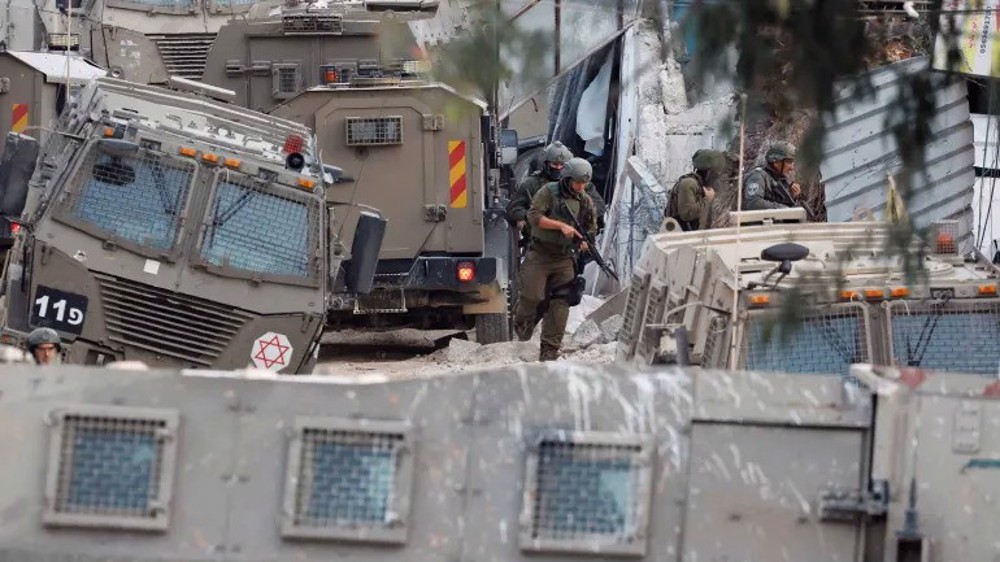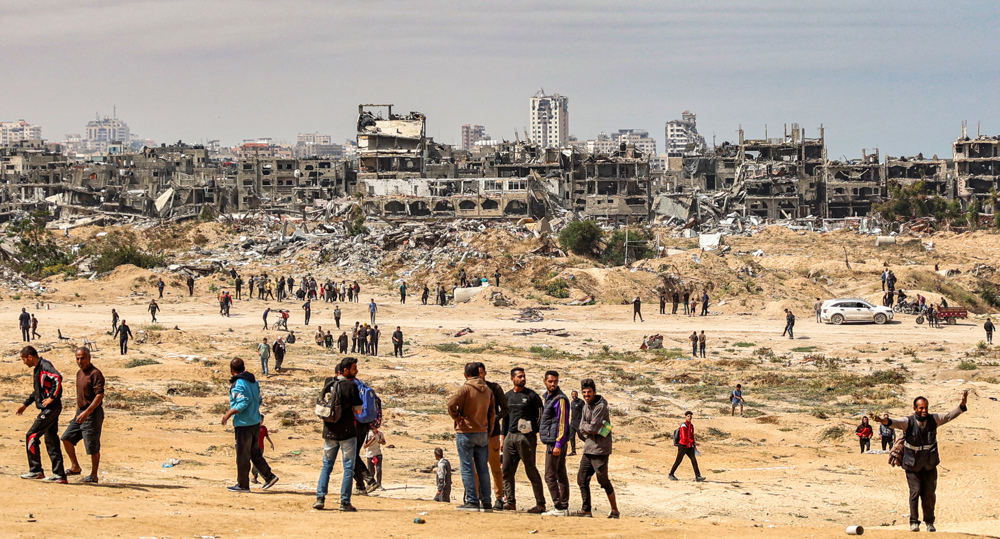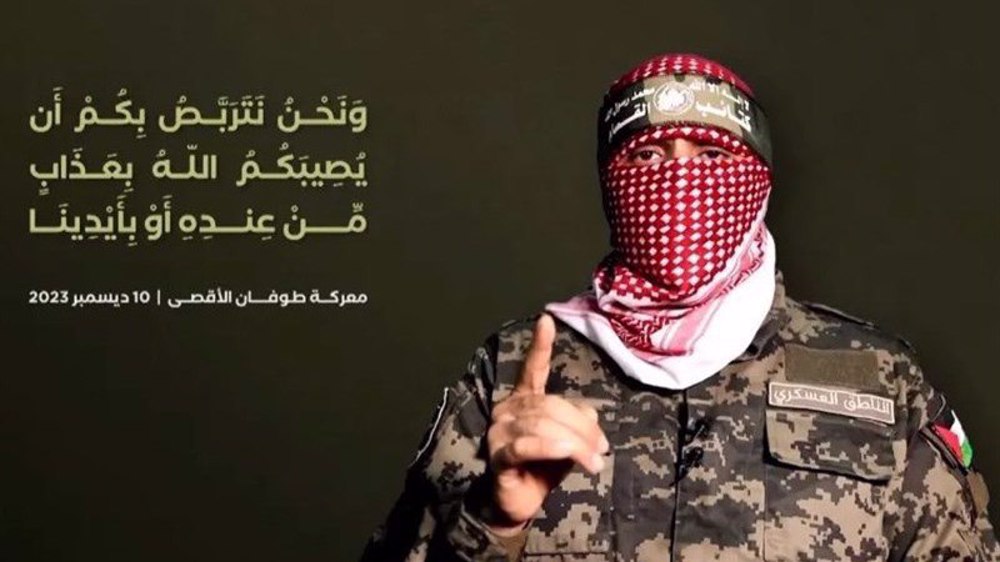Israeli agriculture minister, settlers 'tour' al-Aqsa Mosque compound
On another day of provocative action in the occupied Old City of Jerusalem al-Quds, the Israeli minister of agriculture and rural development, Uri Ariel, along with dozens of settlers have toured the al-Aqsa Mosque compound.
The Palestinian Ma’an news agency, citing the spokesman for the Islamic Waqf (Endowment) organization, Firas al-Dibs, said right-wing Ariel, together with at least 170 extremist settlers, entered the holy site to celebrate the third day of the Jewish holiday of Passover, also known as Pesach, on Monday.
Dibs said the minister and his company were being escorted by heavily-armed Israeli soldiers and police, adding that they performed prayers and religious rituals during their time at the compound, which sits just above the Western Wall plaza and houses both the Dome of the Rock and al-Aqsa mosques.
On Sunday, a total of nearly 167 Israeli settlers, under the full protection of soldiers, entered the compound through the Moroccan Gate in the early hours of the day and throughout the afternoon, performing Jewish religious rituals there.
Locals say Israeli settlers routinely “raid” the sacred compound via the Gate, tour the site, and leave through the Chain Gate.
Israelis regard the site as their most holy place as it is located where Jews believe the First and Second Temples once stood.
Visiting al-Aqsa by Jews is permitted, but according to an agreement signed between the Tel Aviv regime and Jordan, which is the custodian of the holy sites at the compound, after Israel’s occupation of East Jerusalem al-Quds in 1967, non-Muslim worship at the compound is strictly prohibited.
Palestinians say Israelis attempt to change the status quo of the al-Aqsa compound, the third holiest site in Islam.
The number of Israeli lawmakers who enter the sacred compound has increased since Prime Minister Benjamin Netanyahu decided in July 2018 to allow such visits once every three months.
Many members of the Knesset, or the Israeli parliament, are right-wing extremists who support the demolition of the Islamic site in order to build a Jewish temple in its place.

On Monday, Israeli forces also sealed off the Ibrahimi Mosque in al-Khalil (Hebron) in an attempt to bar Muslim worshipers from entering the site, paving the way for Israeli settlers to enter the site and perform prayers and rituals on the third day of the Passover.
Ma’an reported that Israeli forces were heavily deployed around the holy site, which was split into a synagogue, known to Jews as the Cave of Patriarchs, and a mosque after American -born Israeli settler Baruch Goldstein massacred 29 Palestinians inside the mosque in 1994. Since then, Muslim worshipers have been prevented from having access to the site during Jewish holidays.
The occupied Palestinian territories have witnessed a new round of tensions ever since US President Donald Trump announced a unilateral decision in December 2017 to recognize Jerusalem al-Quds as Israel’s “capital” and relocate the US embassy from Tel Aviv to the occupied city.
The decision dealt a blow to Palestinians, who view the eastern sector of the occupied city as the capital of their future state.
Iran’s security chief in Russia to underline Israel’s aggression
VIDEO | Smoke rises from Gaza as fighting continues
ICRC decries escalating Israeli raids across occupied West Bank
Israel still prevents food convoys from reaching north of Gaza: UNRWA
NYPD arrests multitude of pro-Palestine students at NYU campus
Iran’s decisive response to Israel disrupted enemy’s equations: Hamas
Iran releases details of confiscated Israeli transit cargo
VIDEO | Press TV's news headlines













 This makes it easy to access the Press TV website
This makes it easy to access the Press TV website